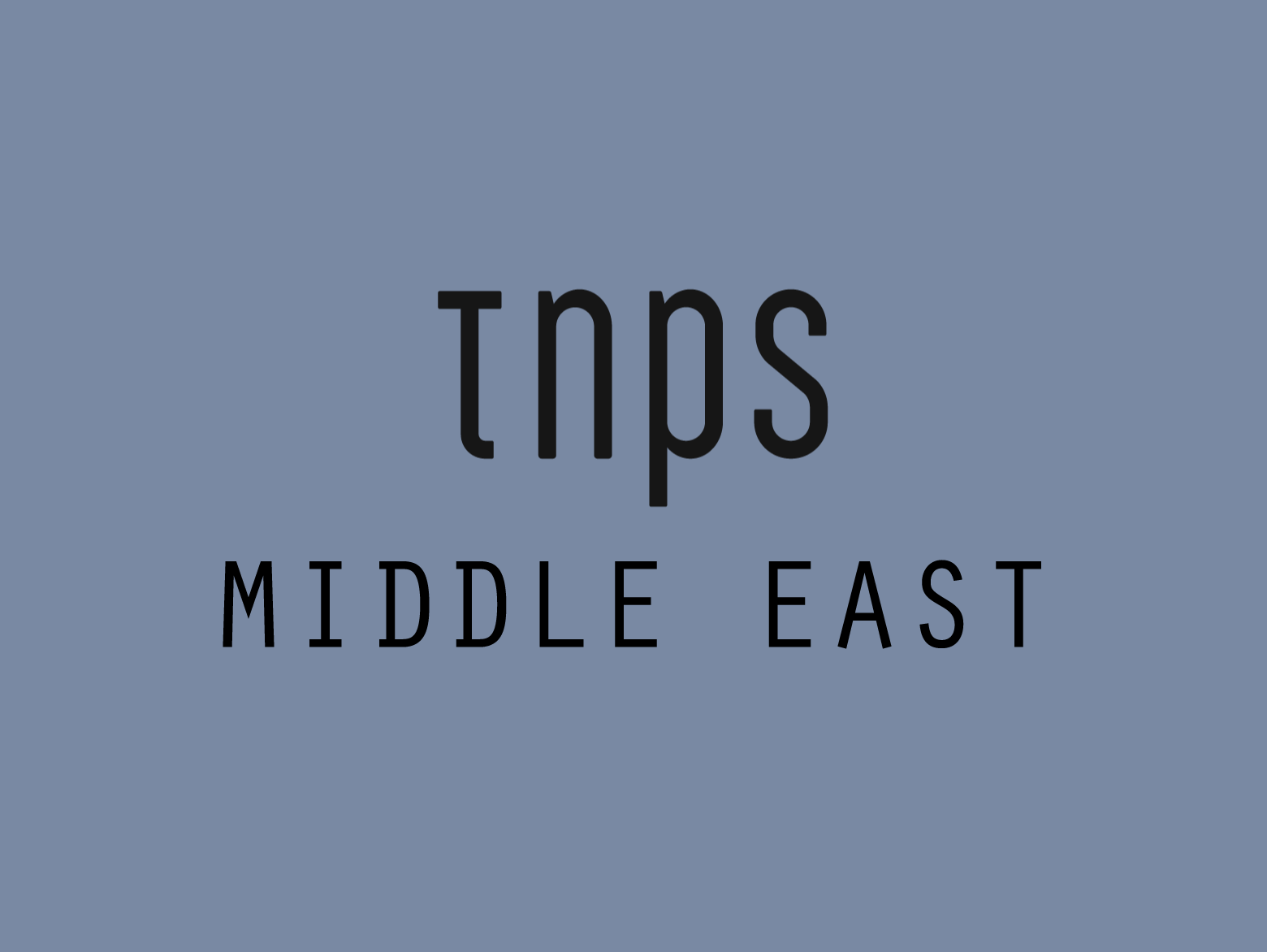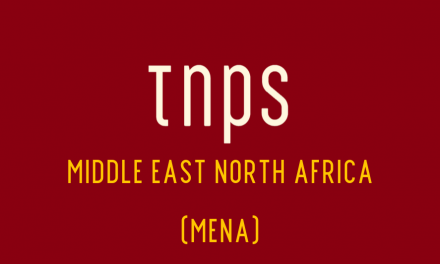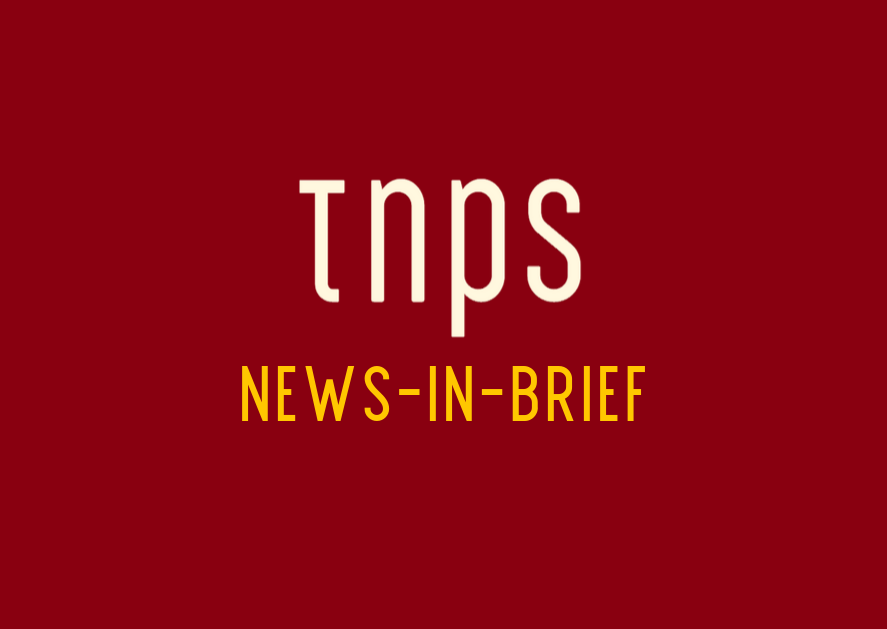Iraq has enjoyed relative publishing freedom in recent years, but there are signs that might be coming to an end. New import duties are pushing up the price of books to Iraqi consumers, but is this just an ill-advised taxation issue or an attempt to control what Iraqi’s can read?
Writing for The Arab Weekly, author Warid Badr al-Salem says the latest outcry results from,
The Iraqi Customs Authority at the southern seaport of al-Faw in Basra holding containers carrying hundreds of thousands of scientific, literary, religious and philosophical books and subjecting them to tariffs unseen in 15 years.
The books, arriving from Arab countries – mainly Lebanon, Syria and Egypt – are being held subject to payment of duty at 15%, whereas previous import duties for books never exceeded 1%.
Noting the tariffs will push up prices for readers, Warid Badr al-Salem argues the taxes are not just to raise revenue but are part of an,
Organised governmental campaign seeking to persecute and censor intellectual movements through the imposition of high taxes on all kinds of books, with no reference to provisions of Iraqi and international laws subsidising books and exempting them from duties or tariffs.
The Iraqi Publishers Association and individual publishing houses have mounted a vigorous campaign against the new tax, but confusion reigns.
The Ministry of Culture, which generally presides over all book matters, has had no say in the current pricing fiasco, which stems from the Ministry of Commerce and the Customs Authority which, according to The Arab Weekly,
Sent a “secret” task force to Mutanabbi Street in Baghdad to assess the prices of books in libraries, only for them to levy a new tax with ambiguous values. The tariff is based on a direct field inspection that is guided by economic factors such as the size of the book rather than its cultural and knowledge worthiness.
The task force did not take into consideration that Mutanabbi Street is a marketplace governed by supply and demand. It is full of idiosyncrasies and dubious practices, such as the widespread trade in photocopied copies of major Arabic and international works.
The task force’s approximate observations cannot, therefore, be used to determine taxes that readers will have to bear. It was clear that the task force did not, nor could it, properly assess the book landscape in Iraqi markets from one field inspection of arbitrary samples of dozens of books amid thousands.
But despite this not being a Ministry of Culture move, some publishers in Iraq believe,
There is an organised campaign to stem national culture.
Too soon to be sure if that is the case, and it may well be that the over-zealous tax officials are acting with nothing more than financial considerations, unaware of the broader impact and implications.
Observers will be watching closely to see how the Ministry of Culture responds.





